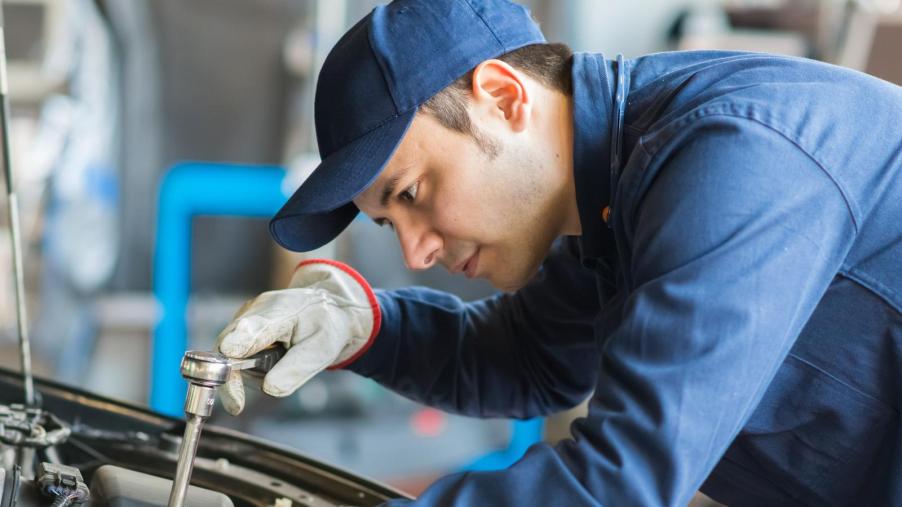
Vehicle maintenance is one of the most important aspects of ownership. However, some people tend to forget about getting a tune-up for their car. This is despite the service being relatively affordable and a vital part of a vehicle’s overall performance. Luckily, auto mechanics all over the place can perform the service for fairly low prices. Here are three signs your car might need a tune-up.
What is a tune-up for a car?
So, what is a tune-up for your car? According to Kelley Blue Book, a tune-up is a service where auto mechanics replace important components of a vehicle that wear out over time. This includes the technician installing things like new air filters, spark plug wires, fuel filters, oxygen sensors, belts, and hoses. Typically, the vehicle will operate much better than it did before having the tune-up.
Older vehicles typically need tune-ups every 10,000-12,000 miles, while newer models might need one less frequently.
Your car might need a tune-up if you notice a decrease in fuel economy
One sign your vehicle may need a tune-up is if you notice it using more fuel than usual. Luckily, this has gotten easier as many modern cars have digital fuel gauges so you can see how many miles you’re going on a gallon of gas. However, this can also be tricky because your car could begin to use more fuel for several reasons.
Your car uses more fuel when it needs a tune-up because of various worn-out components. This is especially the case with fuel filters, oxygen sensors, and spark plugs. These parts can severely decrease fuel economy and even cause other issues.
Decreased performance
Your car might also need a tune-up if its performance seems off. Accelerating and getting up to speed might take longer than usual. You might notice this most when going up hills or taking off from stoplights. If you drive your car often, it may take some time to see the differences, but a decrease in acceleration is one of the most common signs.
As with the decrease in fuel economy, your car could take longer to accelerate for several reasons. In most cases, this happens due to worn-out spark plugs or clogged filters. Still, if it’s been a while, getting a tune-up for your car can help in several ways.
Unusual noises
Most vehicles make distinct noises. These could be the sound of the engine or the noise that a CVT makes. However, there are times when the vehicle has problems and begins to make unusual sounds. Likewise, a car can make weird noises when it needs a tune-up. These could be sounds like rattling, pounding, clunking, squealing, etc. Luckily, auto mechanics can help determine if the vehicle needs a tune-up or if there is some other issue.



